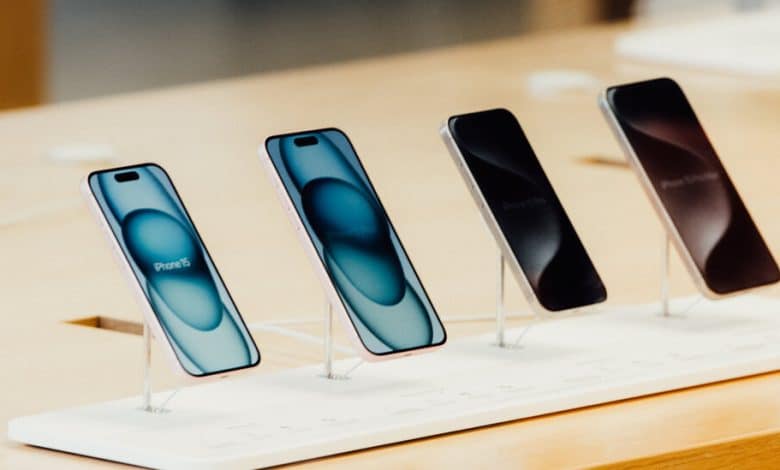Apple and Google Are Discussing a Deal to Bring Generative A.I. to iPhones

Apple is in discussions with Google about using the search giant’s generative artificial intelligence model called Gemini for its next iPhone, as the company races to embrace a technology that has upended the tech industry.
The talks are preliminary and the exact scope of a potential deal hasn’t been defined, three people with knowledge of the discussions said. Apple has also held discussions with other A.I. companies, one of these people said, as it looks to tap into the power of a large language model capable of analyzing vast amounts of data and generating text on its own.
Tim Cook, Apple’s chief executive, has promised investors that the company will introduce new generative A.I. capabilities this year. The company’s smartphone rivals, Samsung and Google, have already added Gemini to their newest devices to edit videos and summarize audio recordings.
Apple and Google declined to comment. Bloomberg reported earlier on their talks.
An Apple-Google deal on generative A.I. would extend one of technology’s most longstanding partnerships. Since Apple introduced the iPhone in 2007, Google has been a critical contributor to the device’s success. It initially provided Google Maps for navigation and later struck a deal to become the default search engine on the iPhone’s Safari browser, a lucrative agreement for which Google pays Apple more than $18 billion a year.
Google’s discussions to provide generative A.I. capabilities for the iPhone would be the latest example of its filling a gap in Apple’s products. Apple’s effort to develop its own large language model, the technology behind chatbots like ChatGPT and Gemini, has been running behind, two people familiar with its development said.
Apple’s delay in releasing an A.I. product has been costly. After a decade-long run as the world’s most valuable public company, it was dethroned this year by Microsoft, which has aggressively pursued A.I. The technology has been heralded for its potential to disrupt businesses and create trillions of dollars in economic value.
